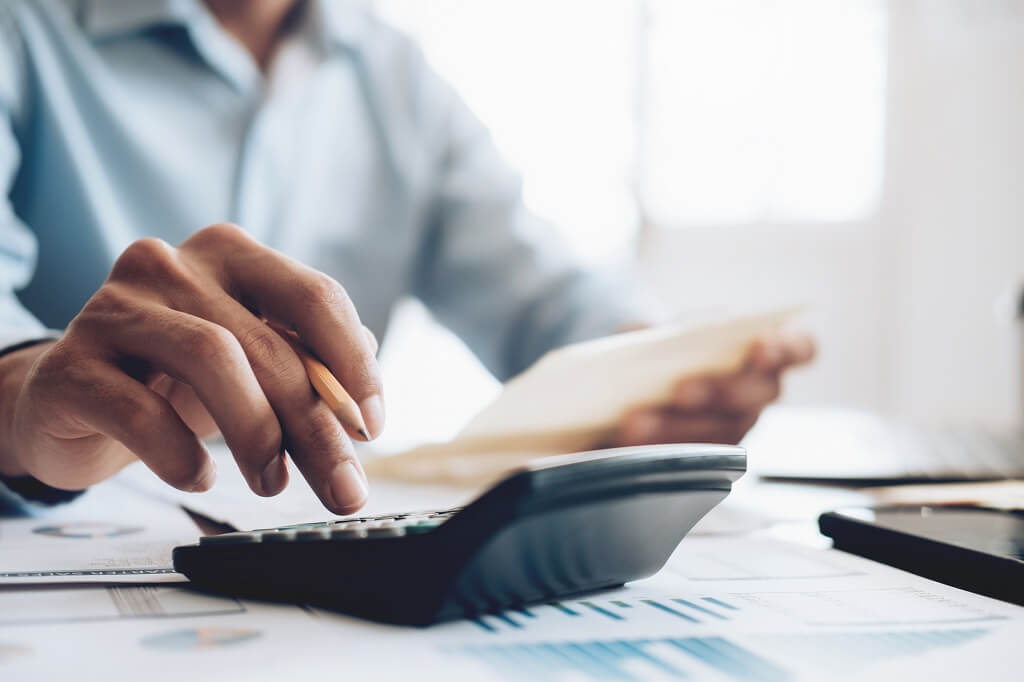

When you get a loan from a lending institution, you enter into an agreement that you’ll pay that loan back within a certain amount of time. If you fail to repay it according to the terms of the agreement, that’s known as defaulting on the loan. Defaulting can have severe consequences for your financial health, so let’s explore what personal loan default entails, the potential consequences, and practical tips on how to avoid it.
Understanding personal loan default
Personal loan default happens when you haven’t made your payment by the agreed-upon due date. While some lenders may offer a grace period and allow you to make a payment after the due date without penalties, defaulting usually occurs immediately after the due date is missed.
Consequences of defaulting on loans
Defaulting on a personal loan can lead to several negative consequences. Here are a few of the most common:
Impact on credit score
Late or missing payments can negatively impact your credit score for up to 10 years. Even a single negative mark can significantly lower your credit score, making it challenging to get approved for loans or lines of credit.
Collection actions by lenders
When you default on a loan, lenders may take action to collect the amount due. These consequences may vary depending on the loan agreement and the lender, but in some cases, you could be responsible for late fees or additional charges for missing the due date. They can also report the default to the credit bureaus, further damaging your credit history.
Legal consequences
While defaulting on a loan isn’t a criminal offense, it can lead to legal consequences. If you’re unable or unwilling to repay your debt, the lender could decide to turn your account over to a debt collection agency. After a certain period of non-payment, they may file a lawsuit.
In this case, it’s crucial to be aware of your rights and seek legal advice if necessary. Consulting with a credit counselor can make navigating the consequences of loan default much easier as well.
How to avoid personal loan default
Defaulting on a personal loan can happen for various reasons, including financial difficulties or simply forgetting the due date. To avoid defaulting on your loan, consider the following tips:
Stay organized and set reminders
Write down payment due dates and place them somewhere visible, like your refrigerator or desk, or set up auto payments so your payment is always made on time. Digital reminders on your phone or computer can also help you stay on track.
Communicate with your loan servicer
If you don’t think you’ll be able to make your payment on time, proactively reach out to your loan servicer. They may be able to offer options like deferment or forbearance, which will temporarily pause or reduce your loan payments.
Explore debt consolidation
If you’re struggling to manage multiple loan payments, debt consolidation involves combining many debts into a single loan with a lower interest rate. This can make your monthly payments more affordable and reduce the risk of defaulting on any one loan.
What to do when your loan Is in default
In the event you find yourself in personal loan default, it’s essential to take prompt action. Here are some steps to consider:
- Contact the lender: Reach out to your lender and explain your circumstances. They may be willing to work with you to find a solution.
- Apply for forbearance or deferment: If available, consider applying for forbearance or deferment, which can provide temporary relief from making loan payments.
- Seek legal advice: Consult with a lawyer to understand your rights and explore the legal options available to you.
- Consult a credit counselor: A credit counselor can provide valuable guidance on managing your debt and developing a plan to address the default.
- Consider repayment or debt consolidation: Work with your lender to develop a repayment plan or explore debt consolidation options to resolve the default.
Remember, it’s crucial to be proactive when dealing with loan default. Getting help from professionals and exploring available options can help you work through this situation.
Conclusion
By staying organized, communicating with your loan servicer, and exploring options like debt consolidation, you can better manage your loan payments and reduce the risk of default. If you do default on a loan, taking immediate action and seeking professional advice is the best way to address the situation effectively.
This article is for educational purposes only and is not intended to provide financial, tax or legal advice. You should consult a professional for specific advice. Best Egg is not responsible for the information contained in third-party sites cited or hyperlinked in this article. Best Egg is not responsible for, and does not provide or endorse third party products, services or other third-party content.